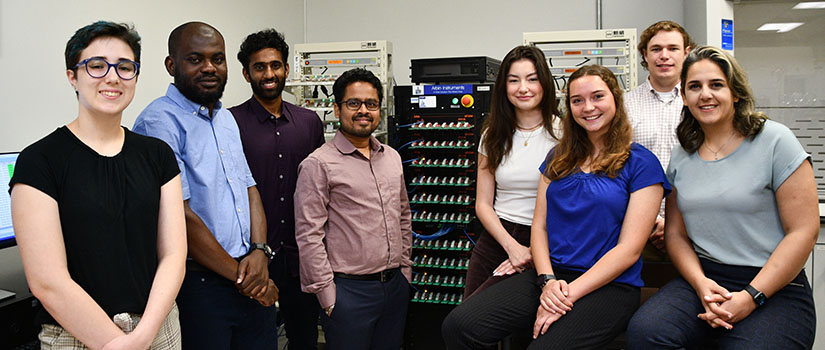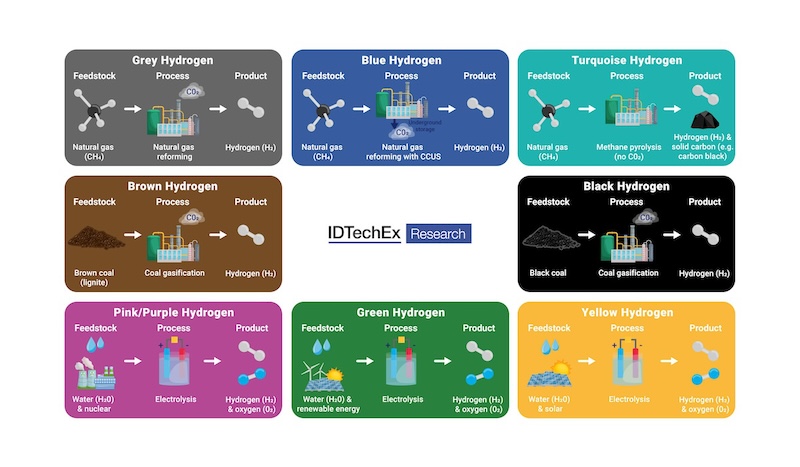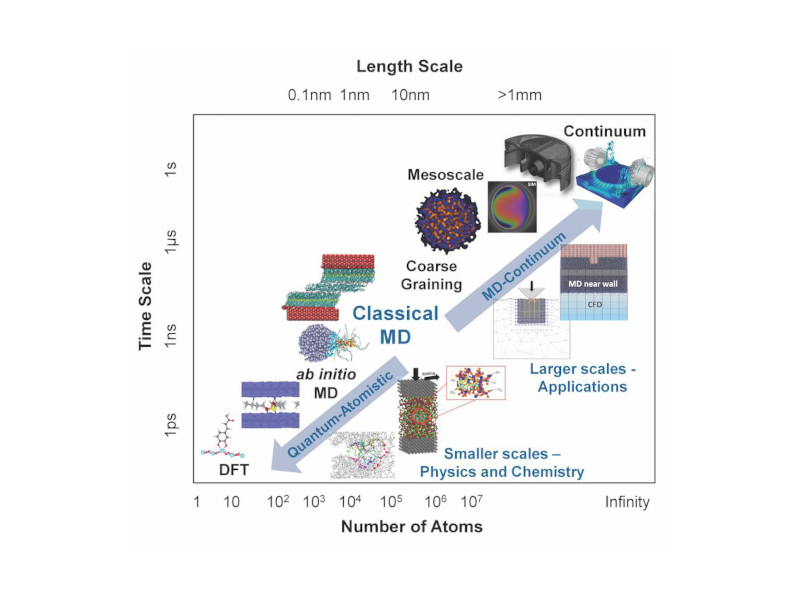Rockwell Automation discussion points to need: collaborate in gathering, analyzing data
The technology that drives plant-level knowledge to the enterprise level works, and so does the technology that drives enterprise expectations to the plant floor. So when the issue of plant-IT convergence is discussed, as it was at Rockwell Automation’s Manufacturing Perspectives 2007 in Chicago’s McCormick Place Nov. 13, the discussion usually comes down to issues of leadership and culture.
Four diverse business leaders looked at that topic, and contended there was much each department could learn from the other. The brick wall analogy still exists, and yet there is a growing need to break down those walls to help a manufacturing operation grow and prosper.
“One thing engineering does better is that they’re good at defining what the user requirements are,” said Steve Miraglia of Wyeth Biotech.
“One thing they absolutely get is a sense of urgency,” said Chris Colyer of Microsoft. “They’ve got to have it today. IT wants to architect it to death. That’s one big lesson from the manufacturing side — how do I get that sense of urgency.”
Or as Miraglia noted, “At 11 p.m., they don’t want to call the help desk.”
A key component of the plant-IT convergence is the visibility and transparency of data. “If you don’t have the metrics, you don’t live it,” said Colyer. “It’s amazing how metrics drive the behavior.”
Bringing IT and the plant floor together may take creating financial incentives for each group for driving increased productivity. But the reverse is also true. “The cost of downtime for us for just an hour is in the millions. The plant system is built from that perspective,” said Bruce Anderson of IBM Global Business Systems. “I have to have as much uptime as possible. When applications are put out there, I have to start from that perspective.”



